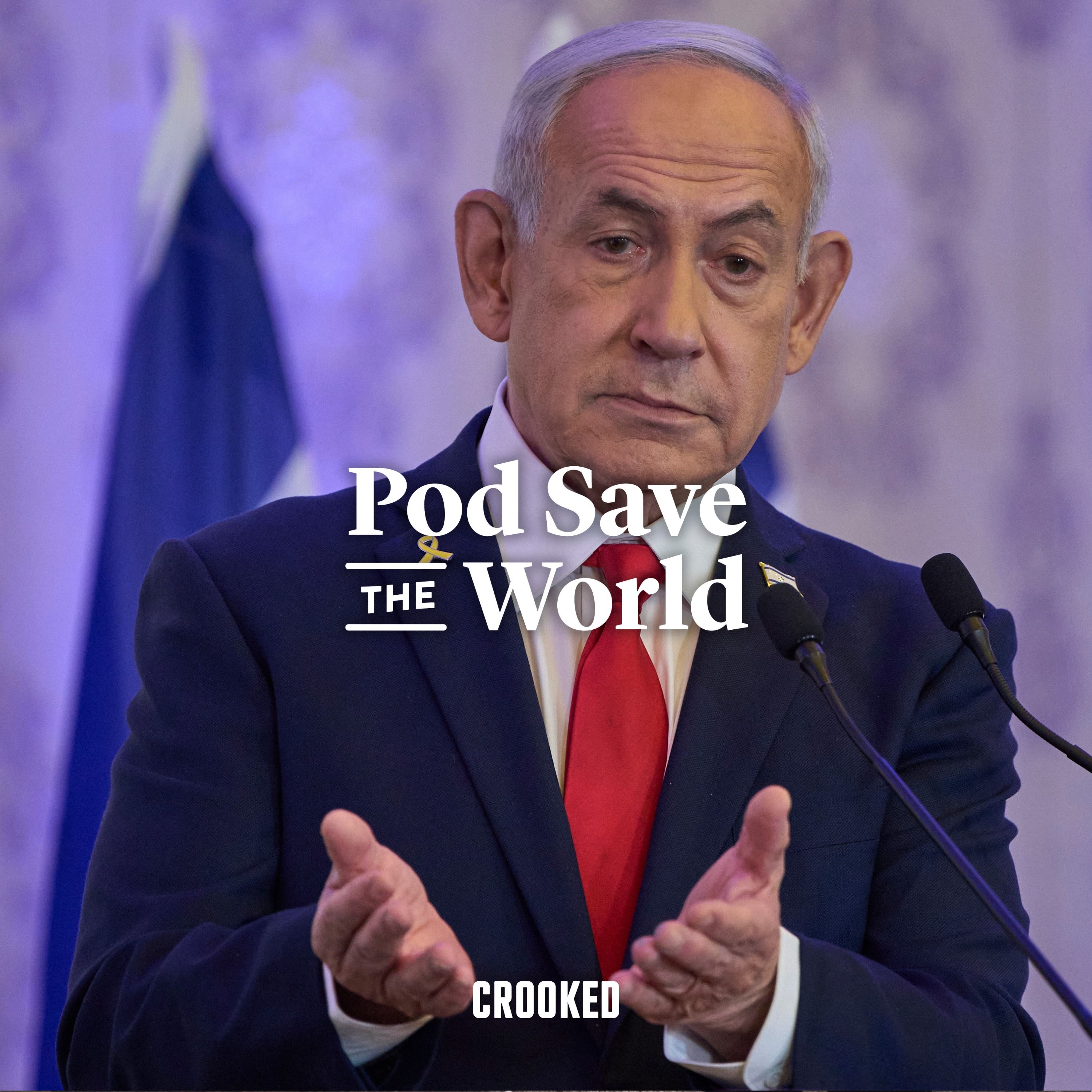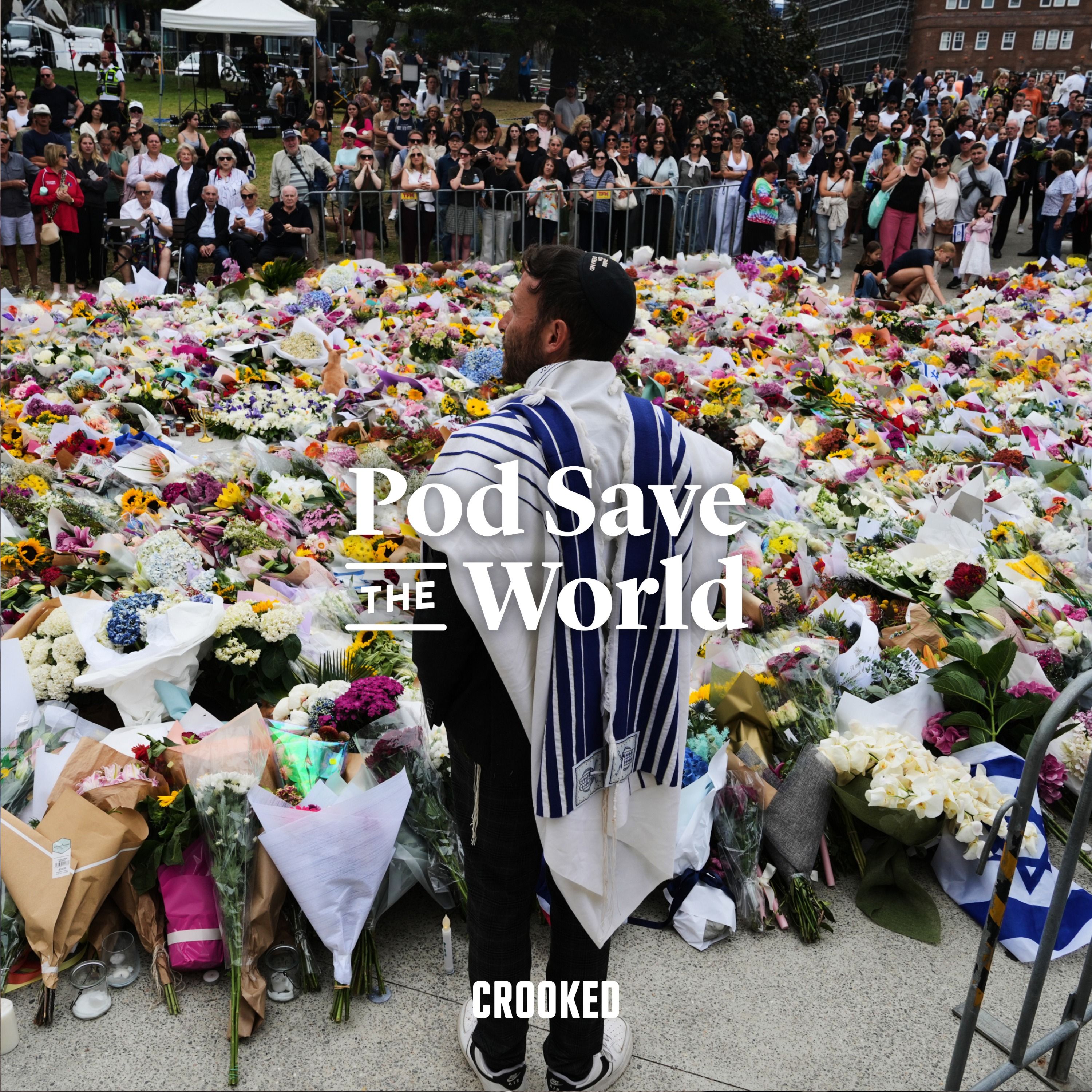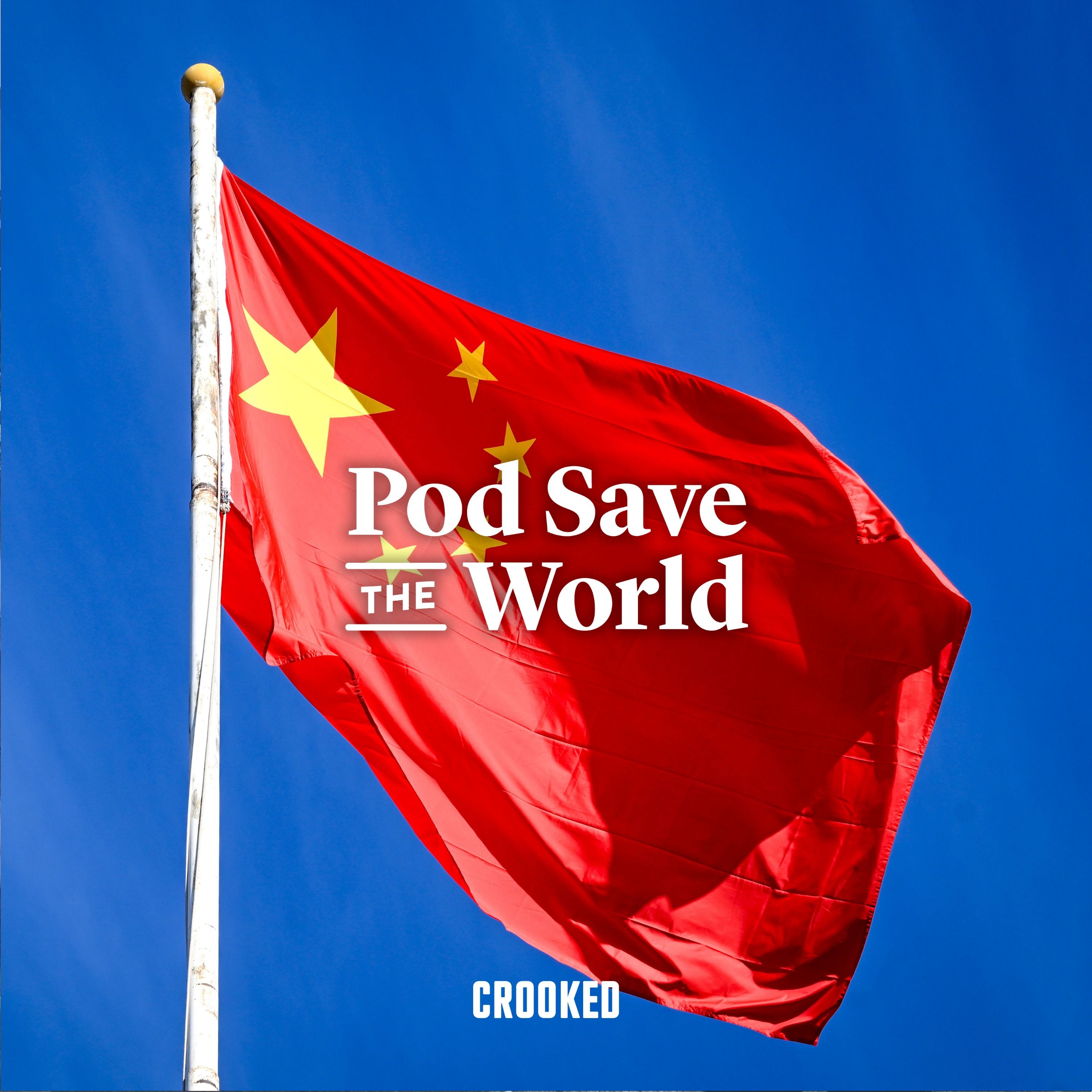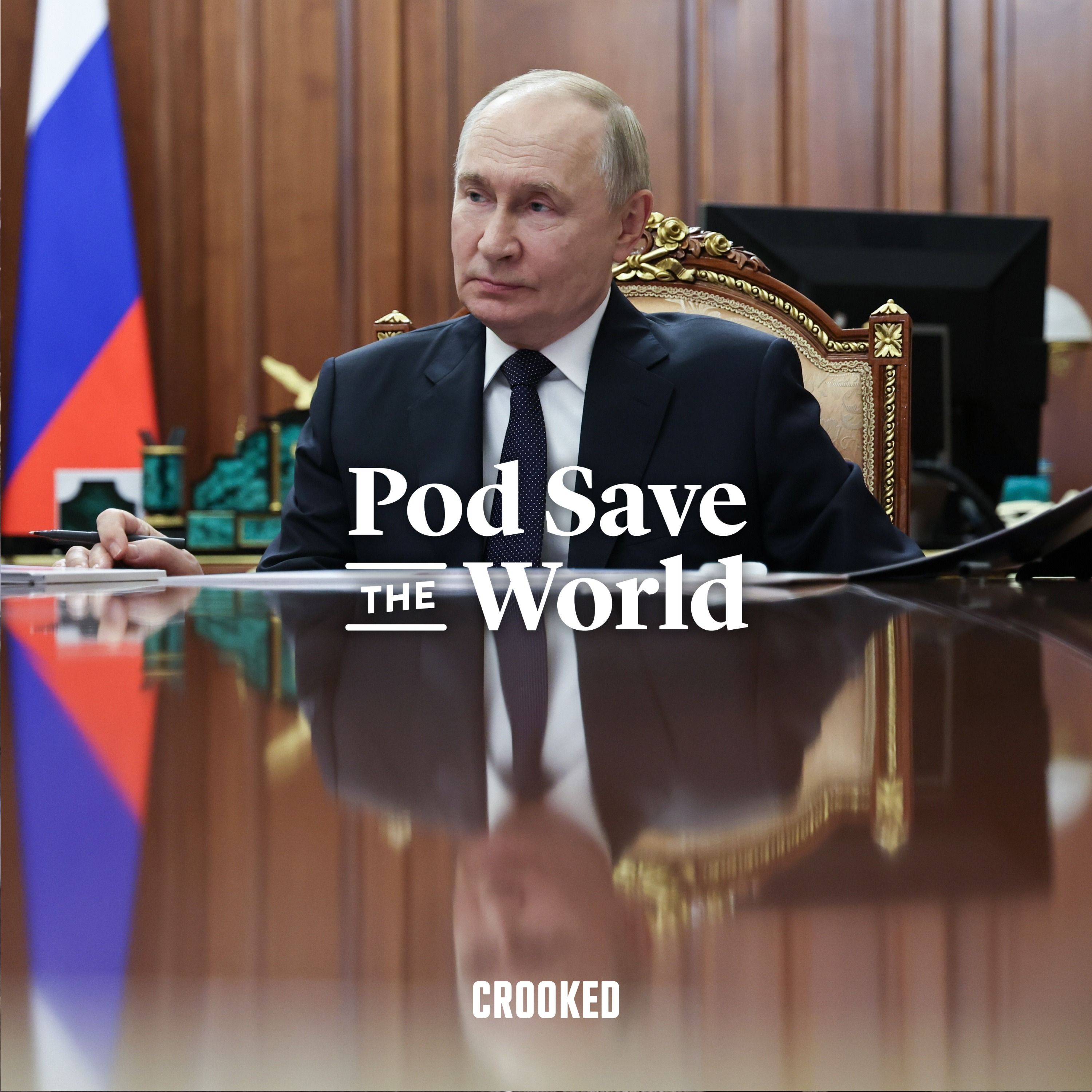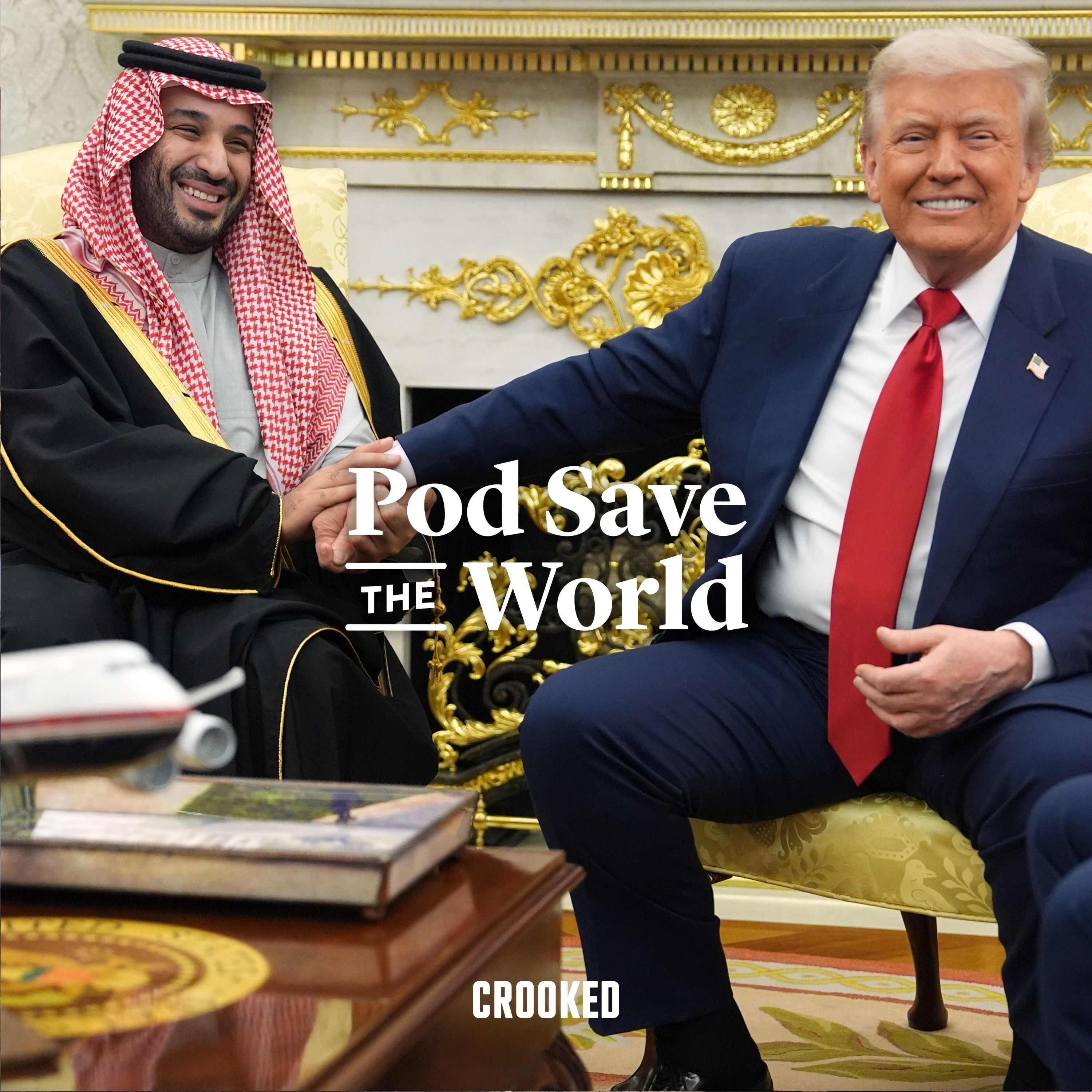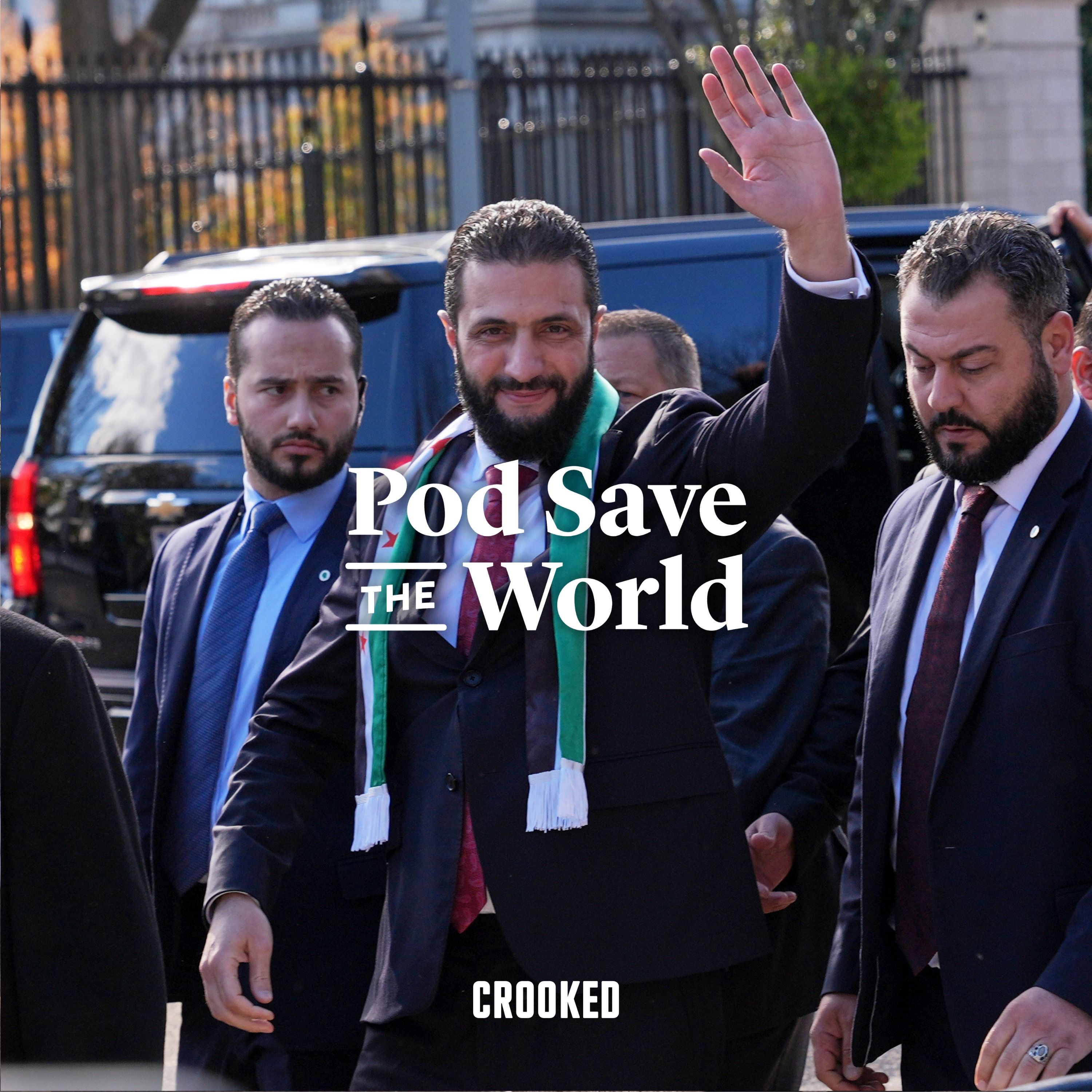Netanyahu Gaslights While Gaza Starves
Tommy and Ben start by breaking down the devastating scale of the famine in Gaza, how Israeli policy drove Gaza to this point, and how the world is responding. They also discuss Israeli PM Bibi Netanyahu’s denial and gaslighting about the starvation, whether Trump is buying it, whether there’s hope in this moment to build a coalition to pressure Israel to permanently end the war, what Democrats should be doing in this moment, and the impact of French President Emannuel Macron’s pledge to recognize a Palestinian state. Then they cover Ukrainian President Volodymr Zelensky's political crisis around Ukraine’s anti-corruption agencies, the ceasefire between Thailand and Cambodia, why Trump lifted sanctions on allies of the military junta in Myanmar, how the administration is gearing up to sell out Taiwan for a trade deal with China, and why we’re rooting for the Macrons to smoke far-right nutjob and podcaster Candace Owens in court. Finally, Tommy speaks with Ukrainian director Mstyslav Chernov about his new film, 2000 Meters to Andriivka, which follows an assault brigade in Eastern Ukraine as it attempts to recapture a village from the Russians.
Press play and read along
Transcript
Transcript is processing—check back soon.
Pod Save the World — Netanyahu Gaslights While Gaza Starves
